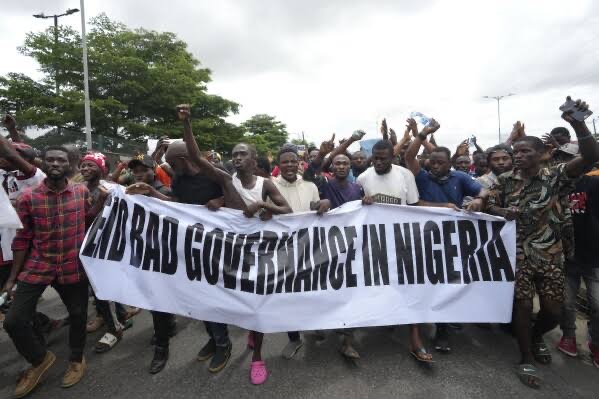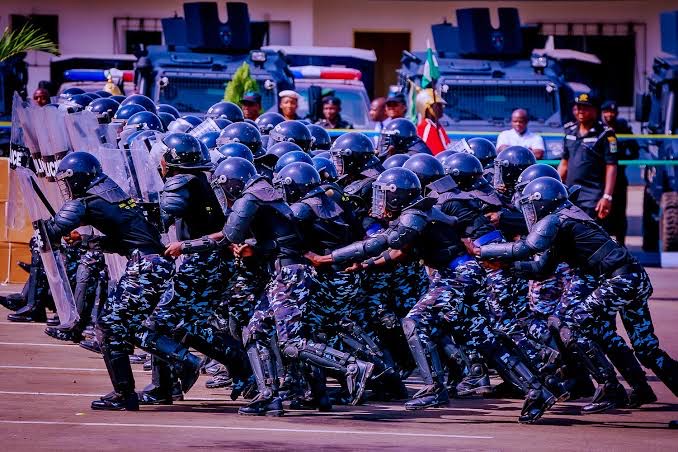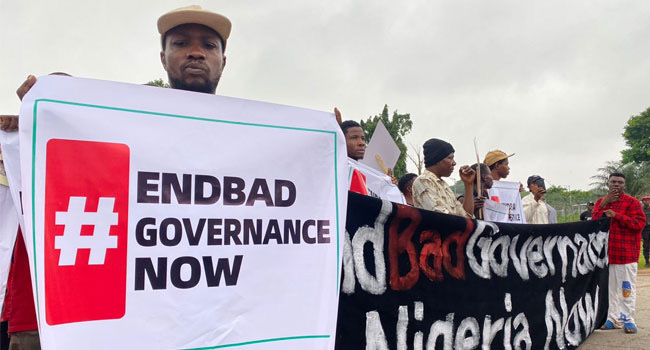Young Polish students and their teacher, who were detained in Kano during the EndBadGovernanceInNigeria protest, have been released. The Polish Foreign Minister, Radoslaw Sikorski, confirmed their release on Wednesday through a post on X (formerly known as Twitter).
The Nigerian Government had arrested seven Polish citizens in Kano, accusing them of being involved in displaying Russian flags during the protest against poor governance in Nigeria. This arrest raised significant concern in Poland, especially because the individuals detained were students from the University of Warsaw and their teacher, who were in Nigeria as part of an educational exchange program.

Polish officials argued that the group was simply in the wrong place at the wrong time and had no involvement in the political demonstration or the flag display.
The EndBadGovernanceInNigeria protest, which has seen widespread demonstrations across the country, aims to address issues of corruption and inefficiency in the Nigerian government.
The protests have often included various symbols and signs, which can sometimes lead to misunderstandings. In this case, the presence of Russian flags was interpreted by some as a provocative gesture, though the Polish group was reportedly not involved in this aspect of the protest.

Poland’s Foreign Minister, Radoslaw Sikorski, provided an update on the situation, clarifying that the group had been in Kano as part of a study trip. They had inadvertently found themselves in the midst of the protest due to the timing and location of their visit. Sikorski highlighted that the group was not participating in any illegal activities and had merely been caught up in a politically charged environment.
Sikorski’s update on their release included confirmation that the students and their teacher are now free and have returned to their campus in Kano. They have their passports and are expected to return to Poland soon. Sikorski noted that the incident had provided the students with an “accelerated lesson in African studies,” despite the difficulties they encountered.
The resolution of this situation is a relief to the families of those involved and to the academic community in Poland. It also underscores the challenges and complexities that can arise in international contexts, particularly when political demonstrations are involved.
The incident highlights the importance of clear diplomatic communication and understanding to prevent and resolve such misunderstandings effectively. The Polish government’s swift response and the eventual release of the detainees reflect the importance of protecting citizens abroad while managing international relations carefully.


































